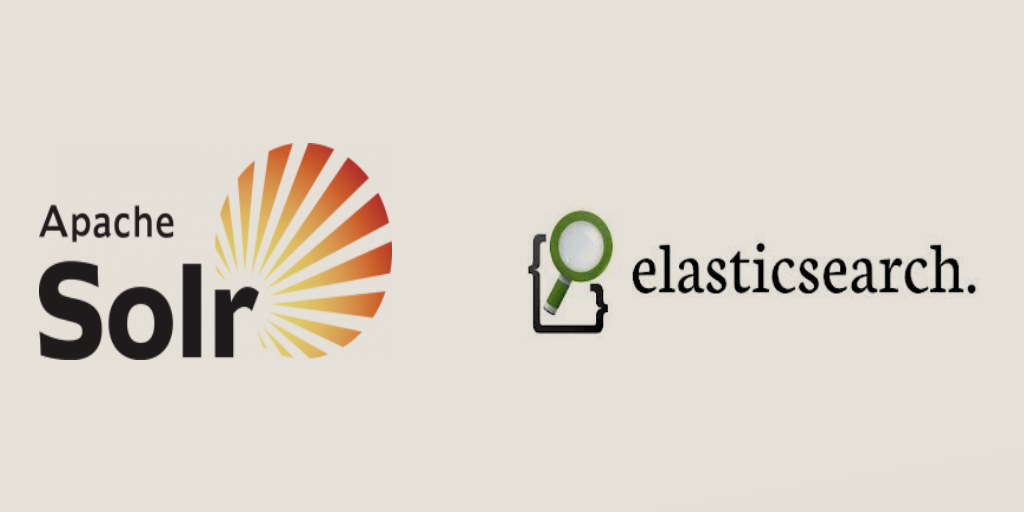Solr or Elasticsearch, that is the question. Which is faster? Which can perform X, Y and Z? Which is the easiest to handle? Which should we choose? All of these are great questions. However, the answers may not be universally relevant or clear. By understanding their origins, strengths, and differences, you can make an informed decision that suits your specific requirements.
Early Days: Youth vs. Experience:
Apache Solr, with its mature project status and a strong community, has long been the go-to choice for search functionality. Its rich feature set and extensive functionality, including faceting, grouping, and powerful filtering, have solidified its position. On the other hand, Elasticsearch appeared later, offering a more modern approach, better suited for handling large indices and high query rates. Although Elasticsearch initially lacked the stability and feature depth of Solr, it introduced sought-after functionality, such as Near Real-Time Search, before Solr did. Additionally, Solr consulting services can assist with scalability and fault tolerance, enabling seamless expansion across multiple nodes to accommodate growing data volumes. Elasticsearch consulting services can support you in designing and implementing distributed search clusters, managing data replication, and optimizing performance for your specific use cases.
Solr vs Elasticsearch
As time progressed, Elasticsearch closed the feature gap with Solr and surpassed it in some areas. Both projects matured, offering stability and a plethora of features. However, Elasticsearch’s ease of getting started and scaling capabilities attracted users dealing with large volumes of data and those seeking modern use cases. While Solr continued to evolve and adapt, Elasticsearch gained significant attention and buzz around its brand.
Solr: Not Totally Eclipsed:
Contrary to popular belief, Solr has not been overshadowed by Elasticsearch. The appearance of Elasticsearch actually invigorated Solr’s community and development efforts. Solr’s friendly API, dynamic cluster management, and ability to create indices dynamically brought it closer to Elasticsearch’s distributed deployment model. The Solr community remains vibrant, with big-name companies adopting and contributing to its development.
Factors to Consider: Solr or Elasticsearch
When choosing between Solr and Elasticsearch, several factors should be considered. Both are released under the Apache Software License and have robust community support. Solr embraces the true spirit of open-source, with contributions from various organizations, while Elasticsearch’s committees primarily come from a single company. Hadoop distributors often choose Solr, and both engines offer good commercial support.
In terms of functionality, Solr is more text-search-oriented, while Elasticsearch caters to complex search-time aggregations and analytical queries. Elasticsearch’s ease of getting started and simpler operational aspects make it attractive for some users. However, Solr offers a level of control and configurability that appeals to those who require specific customization.
Conclusion:
In the Solr vs. Elasticsearch debate, there is no definitive winner. If you have already invested heavily in Solr and it meets your needs, sticking with it is a reasonable choice. If true open-source philosophy is important to you, Solr aligns better in that regard. Elasticsearch shines when it comes to handling analytical queries and its ease of getting started. To make an educated decision, you must carefully evaluate the needs of your organization, taking into account the differences between these engines. Experts in Solr Consulting, Solr Support, and Elasticsearch Consulting can also provide you with valuable insight and help in choosing the best solution.




